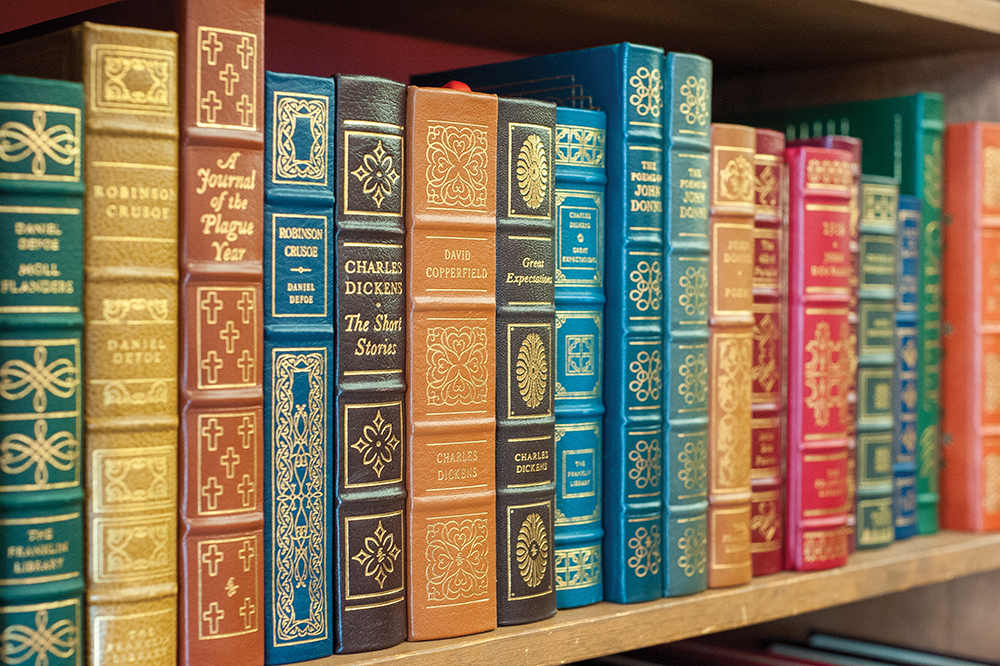In today’s fast-paced world, where technology and innovation dominate every aspect of our lives, one might wonder why students in English classes continue to read classic literature. With an abundance of contemporary novels and digital distractions at their fingertips, why do educators insist on immersing young minds in the works of authors long gone? The answer lies in the enduring relevance and timeless appeal of these literary classics.
Universal Themes
Classic literature explores timeless themes and issues that resonate with readers across generations. Stories of love, ambition, betrayal, and human nature are as relevant today as they were centuries ago. Kids can relate to the struggles and triumphs of characters like Romeo and Juliet, Jay Gatsby, or Jane Eyre because they reflect the universal human experience. These books provide students with a window into the past while helping them grapple with the complexities of their own lives.
Cultural and Historical Significance
Classic literature serves as a valuable window into different time periods and cultures. Through the works of authors like Charles Dickens, William Shakespeare, and Jane Austen, students can gain a deeper understanding of the social, political, and cultural contexts in which these authors lived and wrote. This exposure to history and diverse perspectives enriches their education and fosters empathy and cultural awareness.
Language and Vocabulary Development
Classic literature often features rich, complex language and vocabulary that challenge students and expand their linguistic abilities. By reading texts with varied sentence structures, archaic language, and extensive vocabulary, young readers are exposed to a level of writing that can enhance their own communication skills. Moreover, it prepares them for academic and professional endeavors where advanced language proficiency is essential.
Critical Thinking and Analysis
Analyzing classic literature requires critical thinking skills. Students are encouraged to question, interpret, and evaluate the text, its characters, and themes. This analytical approach fosters intellectual growth and the ability to think critically, skills that are invaluable not only in English class but also in various aspects of life, including problem-solving and decision-making.
Literary Influence
Classic literature has profoundly influenced modern literature, art, and culture. Many contemporary writers and filmmakers draw inspiration from classic works, making familiarity with these texts essential for a well-rounded education. By reading classics, students can connect the dots between the past and the present, recognizing how these timeless stories continue to shape and inform the stories of today.
Ethical and Moral Exploration
Classic literature often raises complex ethical and moral dilemmas. It challenges students to consider questions of right and wrong, justice, and the consequences of one’s actions. Engaging with these dilemmas through literature provides a safe space for young readers to explore their own beliefs and values, fostering ethical and moral development.
Conclusion
In an era of ever-evolving technology and rapidly changing cultural norms, classic literature remains a cornerstone of English education for good reason. It offers students a timeless connection to universal themes, a window into history and diverse cultures, linguistic and analytical challenges, and a profound impact on contemporary literature and culture. Reading the classics not only enriches young minds but also equips them with essential skills and perspectives that will serve them well in their academic, personal, and professional journeys. So, while the world may change, the importance of classic literature in English class endures as a testament to its enduring relevance and enduring appeal.


